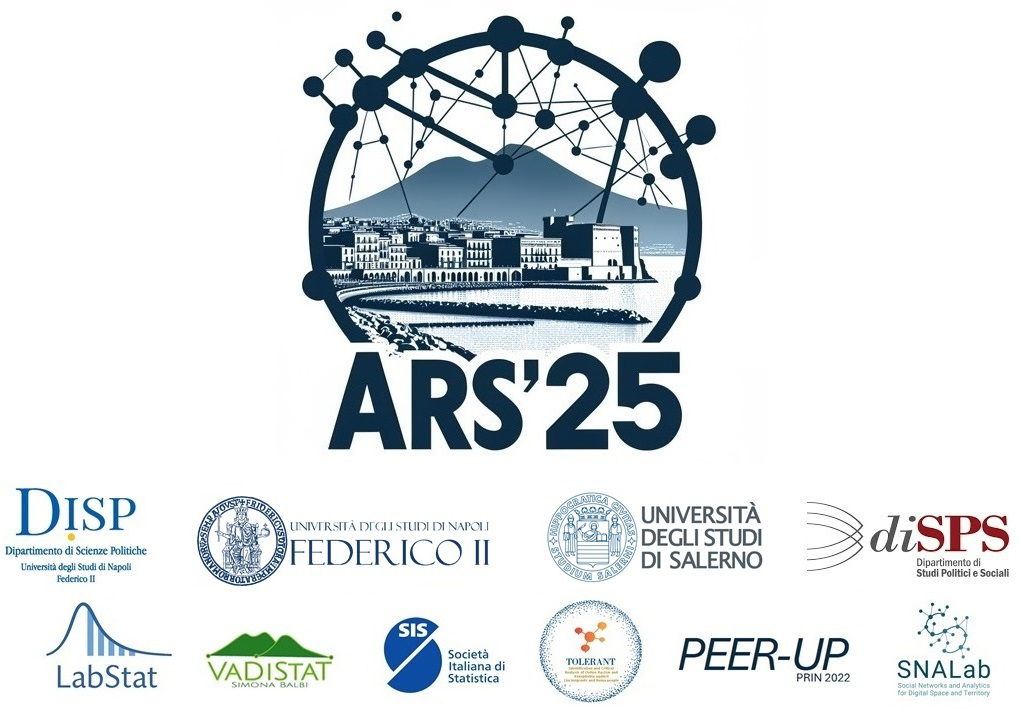Speaker
Description
The present contribution investigates how informal peer networks within high schools shape students’ soft skills, a dimension increasingly recognized as essential for educational attainment and labor market integration. Drawing on a novel whole-network survey of final-year students sample across 28 high schools in the Campania region of Southern Italy, we explore the role of multiple types of peer ties—friendship, advice, emotional, and appraisal support—in affecting core soft skills, such as autonomy, collaboration, empathy, and openness. Theoretically anchored in social network analysis and the concept of schools as relational ecosystems, the study adopts a multiplex network perspective to capture how various forms of peer interaction contribute to socio-emotional development. Using network autocorrelation models (NAMs), we analyze the strength and direction of social influence across different relational dimensions, controlling for gender, parental education, and school type.
Preliminary results reveal heterogeneous peer effects across soft skills and tie types. Collaboration is positively reinforced across all types of peer relationships, supporting social contagion mechanisms. Empathy is influenced by friendship and emotional support networks, while openness is shaped by appraisal ties, suggesting that evaluative social exchanges promote open-mindedness. On the other hand, autonomy displays a negative effect within advice and appraisal networks, indicating inverse dynamics and potential differentiation processes among peers. These first findings underscore the importance of understanding how specific social interactions within classrooms affect soft skills development. Implications for policy and practice include promoting peer-informed interventions and designing school environments that foster constructive relational ties. While the cross-sectional nature of the data limits causal inference, the research provides a strong empirical foundation for future longitudinal and comparative studies of peer effects on individual outcomes.
Keywords/Topics
Soft skills
Informal networks
Peer effects
Network autocorrelation model

